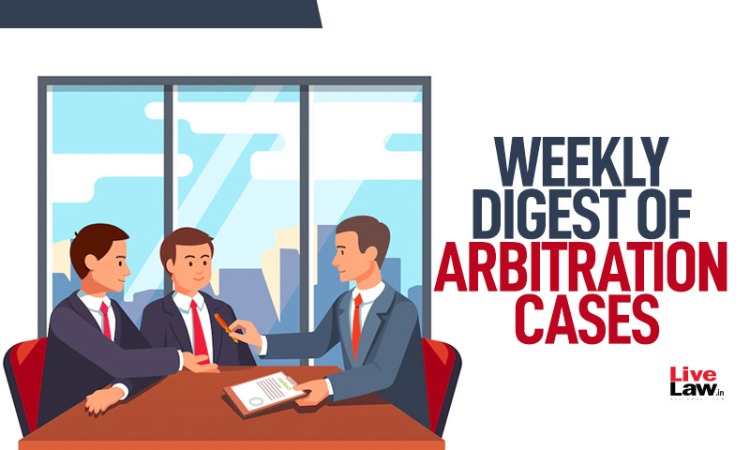Next Story
10 July 2022 7:00 PM IST
Bombay High Court: Invocation Of Arbitration Has To Be In Clear Terms; Merely Stating Claims Would Not Suffice: Bombay High Court Case Title: M/s. D.P. Construction versus M/s. Vishvaraj Environment Pvt. Ltd. The Bombay High Court has ruled that invocation of arbitration has to be in clear terms, as specified in Section 21 of the Arbitration and Conciliation Act, 1996 (A&C...

